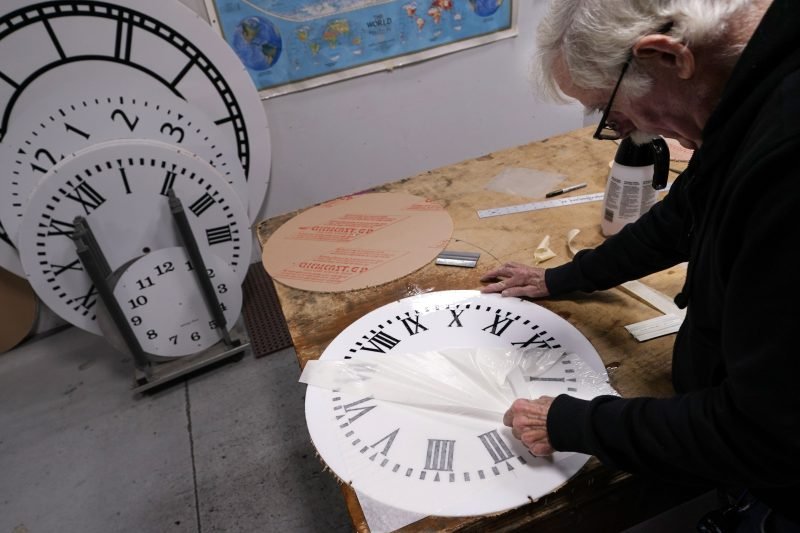
(NEXSTAR) — An effort to end the biannual changing of the clocks in the U.S. has once again stalled out in Congress.
Earlier this year, Sen. Rick Scott and Rep. Vern Buchanan, both Republicans from Florida, reintroduced the Sunshine Protection Act, previously championed by now-Secretary of State Marco Rubio.
Scott’s bill received bipartisan support and a committee hearing, and even advanced out of committee. It would give the necessary federal approval to the states that have passed permanent daylight saving time legislation to begin locking their clocks, while giving other states the option to opt in or out of doing the same.
Scott and other lawmakers took to the Senate floor on Tuesday to try to advance the bill by unanimous consent, Reuters reports. This practice allows legislation to be expedited through the legislative process. Because all members of the chamber have to agree on the bill for it to be successful, it’s usually reserved for legislation expected to have unanimous support.
“This bill is about states’ rights,” Scott said in his remarks on the Senate floor. “It allows the people of each state to choose what best fits their needs and the needs of their families.”
There are states in which year-round daylight saving time could be more enjoyable than others, though health experts believe we should lock our clocks to another permanent time.
While Scott’s bill seemed to have a bright future in the Senate as well as President Donald Trump’s apparent support, it, like its predecessors, has stalled out.
Sen. Tom Cotton (R-Ark.) thwarted the fast-track effort, noting the complicated history of permanent daylight saving time in the U.S., the possible darkness of winter mornings in some states, and the health benefits of permanent standard time while issuing his objection.
“I don’t like the biannual clock change any more than the rest of you do,” he said while delivering remarks on the Senate floor, adding later on that “not every human problem has a legislative solution.”
“Sometimes we have to live with an uneasy compromise between competing priorities and interests. That’s doubly true when considering how the movement of the stars and the planets affects the lives of 350 million souls spread across our vast continental nation.”
The Sunshine Protection Act did pass in the Senate in 2022, much to Cotton’s dismay. He blamed a miscommunication — “I hadn’t adequately communicated to my staff the depth of my opposition to this bill,” he said in his remarks — and the belief that another senator opposed to the bill would object.
Cotton’s objection to Scott’s bill has again delayed any immediate changes to the biannual practice, at least for now.
Several states, meanwhile, have considered legislation this year to stop changing the clocks, though efforts are largely split between permanent daylight saving time and permanent standard time.
Nearly half of respondents in a recent poll say they are “somewhat” or “strongly” opposed to changing the clocks twice a year. Nonetheless, clocks will fall back an hour on Sunday, Nov. 2, except in two states: Hawaii and most of Arizona. Without any immediate changes, clocks will spring forward an hour on March 9, 2026.


